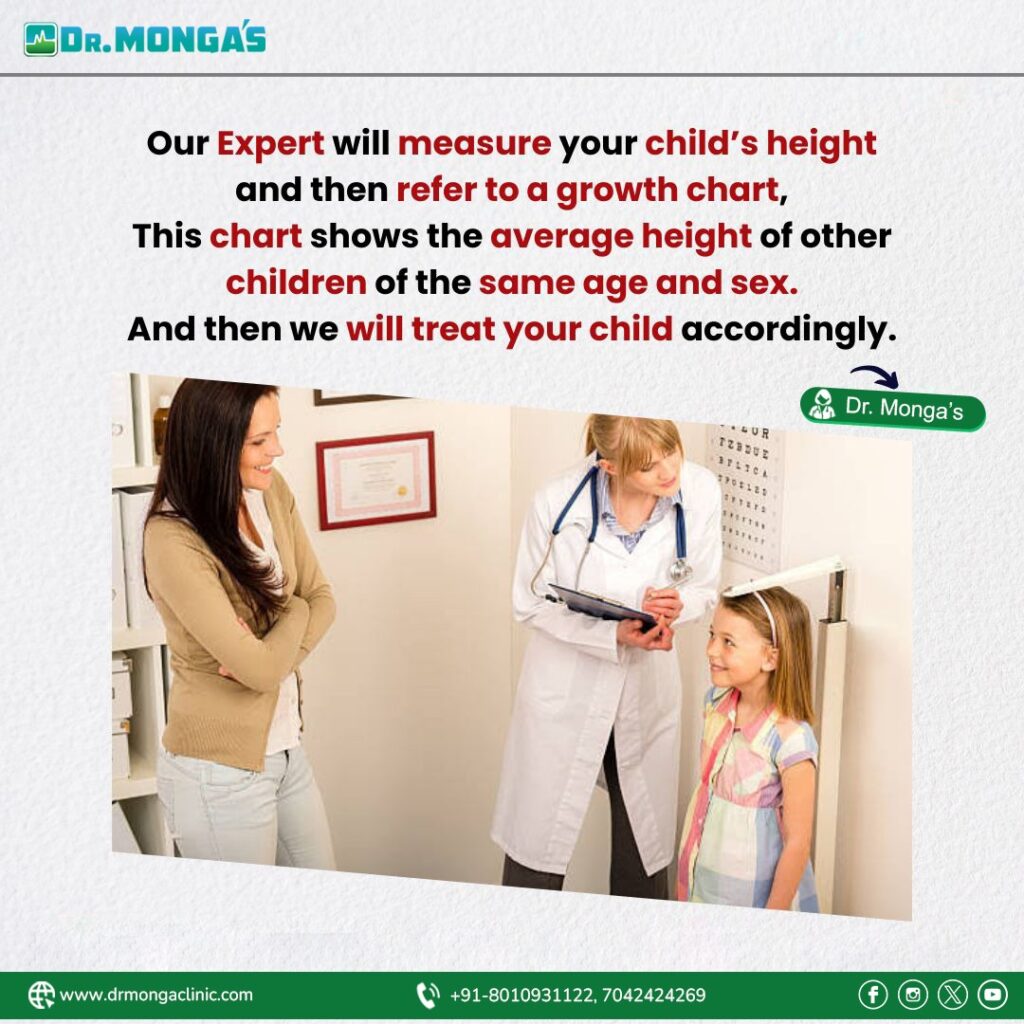In today’s world, where personal appearance and confidence go hand in hand, height plays a vital role in shaping self-esteem. Many individuals, especially those in their late teens and early adulthood, explore various options to improve their height. From diet and exercise to medical support, the demand for effective height increase treatment has been rising steadily.
This article will explore scientifically backed approaches to height improvement, focusing on the role of growth hormone for height and other clinical methods that may contribute to better height management after adolescence.
Can You Still Increase Your Height After 18?
Human growth usually happens during childhood and puberty. The long bones in the legs and arms grow due to the presence of growth plates, also known as epiphyseal plates. These plates remain open during puberty and are responsible for longitudinal growth. However, by the age of 18 to 21 in males and 16 to 18 in females, these growth plates typically close, making natural height increase difficult.
That said, height increase treatment options are still explored by many even after this age range. This is where scientific interventions, including hormone therapy, posture correction, nutritional guidance, and physical therapy, come into play.
What Is Growth Hormone and How Does It Affect Height?
Growth hormone, or human growth hormone (HGH), is a natural substance produced by the pituitary gland. It plays a significant role in growth during childhood and helps regulate body composition, muscle and bone growth, and metabolism.
The medical use of growth hormone for height is primarily focused on children or adolescents with growth hormone deficiencies. However, in select cases, controlled HGH therapy may be considered in adults under expert supervision particularly when there’s a clinical reason for low growth hormone levels.
It’s important to note that HGH should never be used casually or without medical advice, as improper use can lead to serious health risks including joint pain, insulin resistance, and abnormal bone growth.
How Height Increase Treatment Works
A proper height increase treatment plan involves a detailed evaluation of a person’s health, hormonal profile, bone maturity, and overall lifestyle. Treatments may include:
1. Hormonal Therapy
This includes prescription-based use of growth hormone for height, typically for those with verified deficiency or delayed growth disorders. This treatment is only effective when the growth plates are still open, although some cases of adult HGH therapy exist under medical supervision.
2. Nutrition and Supplementation
Calcium, vitamin D, zinc, and protein-rich foods are critical for bone health. Supplements may also be recommended by professionals as part of a comprehensive treatment plan to support musculoskeletal health and potentially aid in posture improvement and bone density.
3. Physical Therapy and Postural Alignment
Some individuals appear shorter than they are due to poor posture. Targeted physical therapy and spine-strengthening exercises can help improve posture and potentially add an inch or two by aligning the spinal column properly.
4. Lifestyle and Exercise
Activities like swimming, stretching routines, yoga, and high-intensity interval training can enhance posture and physical strength. These lifestyle adjustments are often recommended as part of holistic height increase treatment programs.

Growth Hormone for Height: Who Can Consider It?
Not everyone qualifies for growth hormone for height therapy. It is generally recommended in the following scenarios:
- Children with growth hormone deficiency
- Adolescents with delayed puberty
- Individuals diagnosed with Turner syndrome, Prader-Willi syndrome, or chronic kidney disease affecting growth
- Adults with a clinical diagnosis of adult growth hormone deficiency
The treatment usually involves daily injections administered over a period of months or even years, and progress is closely monitored through regular check-ups, blood tests, and imaging.
For those considering HGH after the age of 18, it’s crucial to consult a licensed endocrinologist who can assess your eligibility. Unauthorized or over-the-counter use of HGH supplements can cause more harm than good.
The Truth About Height Supplements
With an increase in demand, the market is flooded with supplements promising quick height gains. While some of these may contain beneficial vitamins and minerals, none have been proven to significantly increase height after growth plates have closed.
Professional height increase treatment, including hormone therapy and medical-grade supplements, should only be undertaken after proper diagnosis. Relying on self-medication or unverified products can result in side effects and financial loss.
Combining Treatment and Realistic Expectations
Although many people wish to gain inches in a short time, height increase treatment is not a magic solution. The effectiveness of such treatments depends on several factors:
- Age
- Bone maturity
- Hormonal levels
- Nutritional status
- Genetic factors
That’s why it’s important to approach the process with realistic expectations. Even with the right use of growth hormone for height, results vary from person to person. Some may see an improvement in body proportion, posture, and bone density, rather than a drastic increase in height.
Is Surgery an Option for Height Increase?
In extreme cases, limb lengthening surgery is considered for individuals with significantly short stature or certain medical conditions. However, it is a complex procedure involving months of recovery, high cost, and considerable risk. It should only be pursued after other non-invasive height increase treatments have been ruled out and under strict medical supervision.
How to Start Your Height Growth Journey Safely
If you’re seriously considering a professional approach to increasing your height, here are a few steps to follow:
- Consult a specialist – Ideally an endocrinologist or growth specialist.
- Get a bone age test – To determine if your growth plates are still open.
- Check hormonal levels – Especially HGH and related factors.
- Get a personalized plan – Based on your health profile.
- Stay consistent and monitored – Track your progress with regular check-ups.
Final Words
Height is influenced by genetics, nutrition, environment, and lifestyle. While growth tends to slow or stop after adolescence, options like height increase treatment and carefully administered growth hormone for height therapy can be considered in medically justified cases.
Rather than fall for quick fixes or unverified supplements, it’s wise to adopt a medically supervised, holistic approach. A combination of expert guidance, good nutrition, and appropriate physical care can help you reach your full height potential—and more importantly, feel confident in your own skin.


